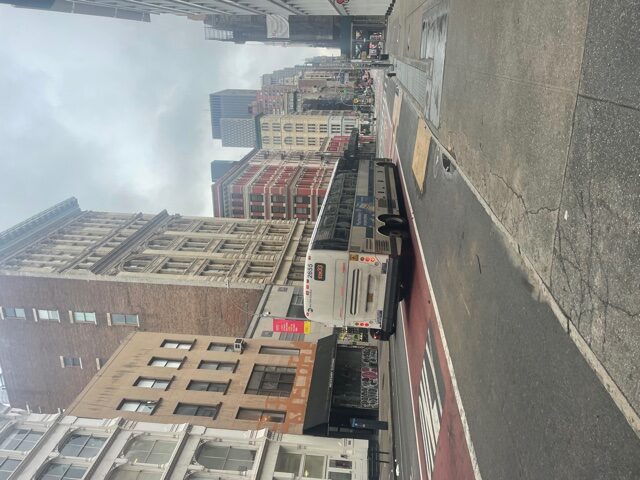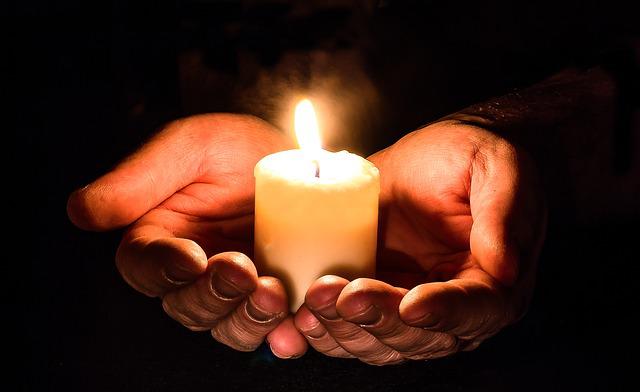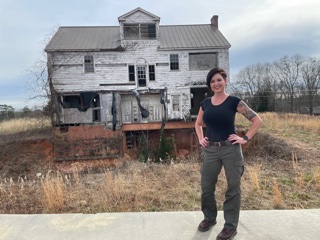Like many children of the 80s, one of my earliest reading memories is 4-year-old me, crouching over the pages of Dick and Jane as my finger followed along with the exploits of Sally, Spot the dog, and Dick.
“Go Jane, go. See Jane go?” The words slipped off my tongue and one by one, the individual sounds created pictures in my head.
I devoured Mr. Men and Little Miss books along with – later – the Berenstain Bears, then Nancy Drew, Black Beauty and other classics.
Once I discovered the symbols on a page were actually portals to new worlds, I was a goner.
As a pre-teen, I would strain my eyes in the dying light of long Alberta summer nights, lips soundlessly moving as I desperately devoured the final pages of Lad: A Dog, held in breathless suspense as the lion-hearted collie fought for his life against Rex and Wolf.
Even before then, my father would read bedtime stories of Silver Spot the Crow from Wild Animals I Have Known, the cadence of his deep voice indelibly stamping the rich tales of birds and wolves in my mind.
When I was 9-years-old, I was gifted a puffy Petite Miss Diary with rainbow hued music notes on the cover and around two dozen pink pages.
“We went to the river today and I found a clam shell and some pretty leaves,” I wrote in September of 1992, memorializing my everyday life for the first time. It was a habit that would continue, off and on, for the next three decades.
It was also the beginning of my lifelong love affair with writing – that sweet, torturous process of creating worlds out of words, of making sense of tragedy, connecting with other humans and capturing the essence of a thing to then hold it out for others to see and share.
When we write, we offer a gift of understanding.
“Me too,” we say, seeing ourselves in another’s story.
Throughout my childhood I scribbled fictional stories in lined notebooks about girls embarking on adventures, unraveling mysteries and engaging in treasure hunts. I created tales of talking animals and people exploring fantasy worlds.
I stacked my arms full of books at the library and hauled them home in a tote bag where I’d spread them out on my bedroom floor, my finger hovering over the covers in delicious anticipation as I tried to decide which one I would read first.
As Norman Lock says in “A Fugitive in Walden Woods,” “Reading is our recompense for having only one life to live.”
Words allowed me to escape what I felt was a humdrum and stifled life. Reading allowed me to live.
I remember laying sprawled out on the carpet of the bedroom I shared with my younger sister, devouring the stories and images of National Geographic. The descriptions of Amazon jungles and Egyptian deserts stirred the first pangs of wanderlust as a teenager, and planted the seed for my future career as a journalist.
Although the origins of human language remain a mystery, it’s uniqueness is well established.
“No other natural communication system is like human language,” says the Linguistic Society of America. “Human language can express thoughts on an unlimited number of topics (the weather, the war, the past, the future, mathematics, gossip, fairy tales, how to fix the sink…). It can be used not just to convey information, but to solicit information (questions) and to give orders.”
Animals communicate immediate needs, but humans tell stories.
Even in daily life, we illustrate encounters in the grocery store, minor calamities, the latest gossip, unusual occurrences or the antics of our children. We can’t exist without stories.
Carole Duff, who recently completed a memoir, said she writes to clarify her thoughts, among other reasons.
“Practice grows my craft. Both help me communicate more effectively with others. Although I enjoy writing for myself—journaling and “tries”—sharing with others is my calling,” she said.
Annie Dillard said each writer has a distinct, unique thing to express to the world.
“You were made and set here to give voice to this, your own astonishment,” she wrote.
Aime Card, author of And Beneath it All Was Love, said she has no choice but to write.
“If I didn’t, I would shrivel up and wither away slowly,” she said. “Plus, I love it.”
One of her earliest writing memories was when she was 5 and her sister taught her to write her name in cursive.
“My teacher didn’t believe me and made me come to her desk and prove it with the other kids looking on. I remember being pretty proud of myself,” she said.
Joe DePriest, retired reporter and current author, said he formed an instant love of books from the time he learned to read in the first grade.
“I could never get my fill. I haunted the Shelby Library on South Washington Street, roaming through the stacks of adult fare as well as the children’s,” he said. “I often checked out books way beyond my comprehension or reading ability – scanned them, hoping to pick up useful nuggets. I loved to read and wanted to write.”
In grade school, DePriest created a fictional character named William Grant, a detective and the hero of weekly stories he scribbled on notebook paper and circulated among his classmates in school.
“As I got older, I wrote short stories under the influence of Southern writers like Eudora Welter and Carson McCullers, sent them off to magazines and collected a large batch of rejection slips,” he said.
When he read that the famous writers – Jesse Stuart, Hemingway, Mark Twain – worked in newspapers, he decided to pursue the same route.
Shy and not outgoing, he said he found that in the pursuit of a story he could overcome all that – “at least for the moment I interviewed people.”
As for myself, writing felt like the one thing I could never stop doing.
At 37 years old, I’ve been peeling off the layers of convention and discarding anything unauthentic. And always, the writing remains.
It was a solace during my greatest heartbreaks and remains a way to put order to my often chaotic thoughts. Even when doubt mocks me and I experience real anguish over the shortcomings of my abilities, I feel words stirring up inside, clamoring to be released.
I write. For me. For you. I write my own astonishment.



